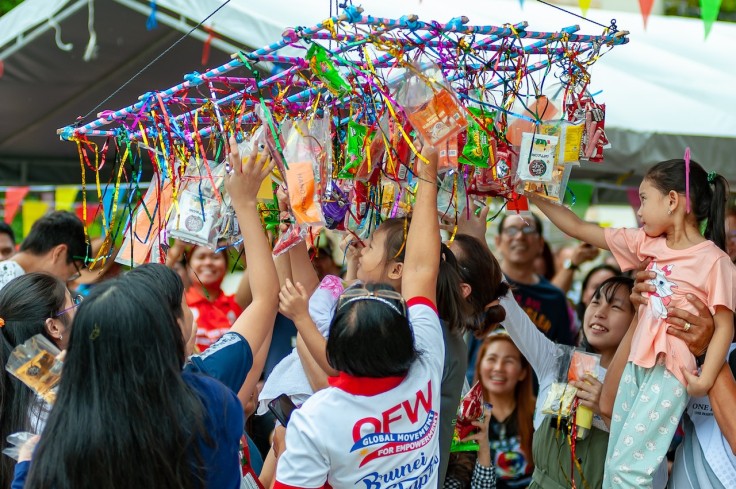
The third-largest Asian American subgroup in the United States is Filipinos. Filipino-American young people also face challenges and struggles faced by all kids in the U.S. These include an increase in suicidal behavior, anxiety, depression, and other mental health problems.
However, a study entitled "Filipino help-seeking for mental health problems and associated barriers and facilitators: a systematic review" revealed that people of Filipino heritage in the U.S. are less likely to seek mental health help than the general population.
The study further identified the reasons behind the slighter need for help.
Filipinos overseas seek lesser assistance because of their "immigration status, lack of health insurance, language difficulty, experience of discrimination and lack of acculturation to host culture." Moreover, their "sense of resilience and self-reliance" allows them not to seek help unless it is the last resort or when the challenges become serious. Other prominent factors include "perception of distress, the influence of social support, financial capacity and previous positive experience in formal help."
Filipino Family Health Initiative
The Filipino community in Southern California is determined to improve their young people's mental health. This has been a priority for over a decade.
And in that long yet satisfying journey, the community was able to create the Filipino Family Health Initiative founded by Dr. Joye Javier, Filipino-American Associate Professor of Clinical Pediatrics, University of Southern California.
The initiative offers parenting workshops, where a group of health and mental health providers teaches Filipino parents to create and build a more intimate and stronger parent-child relationship, especially in their kids' school-age period.
The team would encourage these Filipino parents to utilize positive parenting strategies like allowing their kids to open up to them and talk, all the while highlighting the unique strengths of "Filipino upbringing."
The initiative has received positive feedback from parents who have attended the workshops. Parents report a significant decrease in parenting stress and child behavior challenges. Further, their kids are said to have lesser symptoms of mental health problems such as anxiety and depression, and they have observed increased use of affirmation and praise with their kids.
Celebrate your heritage
Here are the three main points of the Filipino Family Health Initiative workshops, which can be great tips for all parents worldwide, regardless of race and ethnicity.
1. Encourage the kids to talk about their feelings.
An investigation by JAMA Pediatrics rings loud and clear, stating that kids who can talk openly about their feelings to their family are more likely to feel that their family and parents stand by them during their difficult moments. This is said to be an example of a positive childhood experience that can lead to healthier adult relationships and fewer mental health problems in the future.
Filipino families don't often talk about their feelings, like many other cultures. So how can they start? Parents can begin by not invalidating children's feelings and ensuring their emotions are real and worthy of respect.
2. Teach the kids about their unique culture.
Many Filipino young people living in America were raised not to celebrate their history and culture due to racism, discrimination, and colonial mentality. Thus, they miss what makes Filipino culture beautiful and set apart.
Parents should remember that children, or even adults, with less cultural pride, can be at risk of having insufficient self-esteem and poorer mental health.
Parents can take their children to community traditions and activities that highlight their heritage and foster pride in their culture.
3. Celebrate the strengths of one's culture.
Filipinos are set apart for their cultural value called "Bayanihan" -willingness to help other people without asking anything in return and for their hospitality. And these characteristics have been challenged yet highlighted at the peak of the pandemic, with many Filipinos working as healthcare workers in the U.S.
Parents should not miss opportunities to point out and celebrate the strengths of one's culture and, in the process, model these strengths to their children. Let the children have something to be proud of to lessen the risk of shame and the feeling of being different, leading to mental health struggles.
Promote a sense of identity and self-worth in the kids, and they will take that as a tool to be healthy individuals in their journey.
Related Article : 'Sesame Street' Makes History By Adding New Asian American Muppet